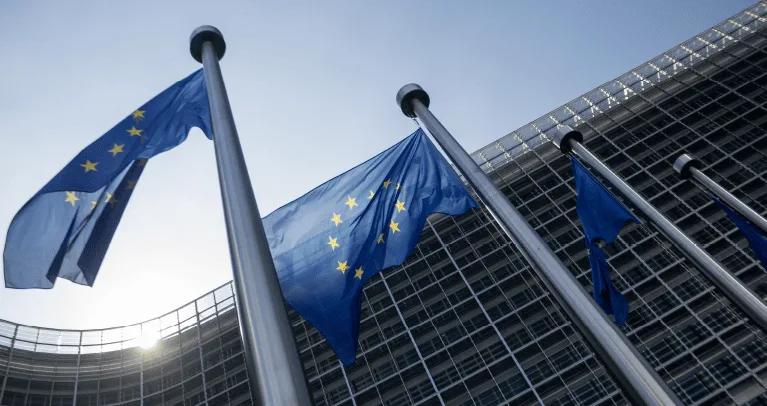
European Projects
Take advantage of the opportunities offered by European grants and subsidy calls
The management of European projects has become a key tool for driving growth and competitiveness for businesses and organizations in Barcelona. In a globalized and dynamic environment, participation in projects funded by the European Union offers unique opportunities to access resources and financing that contribute to development and innovation.
The participation of the Barcelona Chamber of Commerce in European projects covers numerous areas and sectors, leveraging its extensive network of contacts and fields of action, linking with other chambers, institutions, universities, public administration, associations, business schools, and companies at the local, state, and international levels. This relationship structure and the ongoing connection with the European Commission allow for sharing strategies and knowledge with partners from all countries, incorporating the perspectives of small and medium-sized Catalan enterprises.

